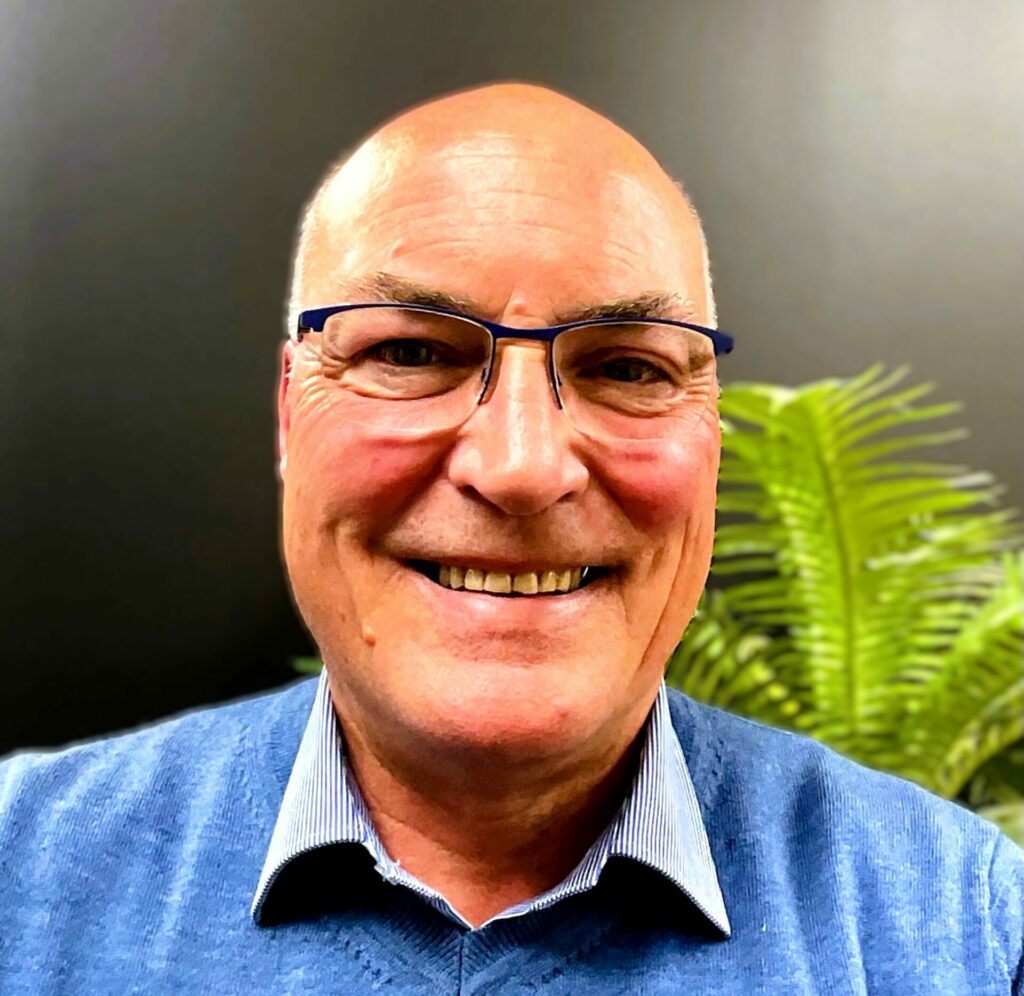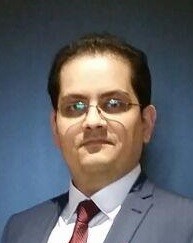Plastic waste management and recycling: current state of the art
Facilitated by Suzanne Toumbourou (ACOR)

Helen Millicer (One Planet Consulting)
Are we sleepwalking or managing our plastics future?
Australia is a manufacturer of resin, products, consumer and exporter. We have high consumption, high disposal and low recovery rates. If we were to score our current performance it might rate 3/10. Australia is finally waking up to the wide array of well-developed levers activated in highly productive economies that are consequently far better prepared for the future, and with better circularity, productivity and lower emissions.
In this presentation I outline actions we must continue to pursue in strategy, policy, regulations, economic and ed/training areas if we really want to reach targets, improve our management of the complex and necessary material stream of plastics. And this is all the while the external world is highly competitive, volatile and environmental constraints are bearing down. This requires agreed action on local production, import standards, mandated bans, recyclability and content targets, new financial measures such as levies, and cross-party consensus in industry and government strategy. Such measures can contribute to improved design, investment, confidence and a more sustainable future.

Jim Coulston (Vinyl Council of Australia)
PVC waste management and recycling: current state of the art
‘PVC waste management and recycling: current state of the art’, discusses the current challenges and advancements in PVC waste management. It highlights the negative perception of PVC influenced by global NGO’s, the complexities of recycling various ‘problematic plastics’, and the economic and technical hurdles faced in the recycling process. The presentation emphasizes the longevity and durability of PVC products, which contributes to their lower recycling rates than seen with other polymers. It outlines initiatives like the PVC Stewardship Program, which aims to address environmental and health issues associated with PVC, and the progress made in phasing out harmful additives. The document also details efforts in Europe and North America and Australia to improve PVC recycling rates, innovations in recycling technologies, and the importance of developing viable end markets for recycled materials.

Dr Melissa Skidmore (CSIRO)
The PVC Analyser
Polyvinyl chloride (PVC) is a durable and versatile polymer used in windows, flooring, cables, sheeting, and medical supplies. Despite being one of Australia’s top four polymers by weight, PVC has a low recovery rate of just 2%, partly due to difficulty in assessing the material composition of PVC samples to be recycled. Current analysis methods are expensive and time-consuming, requiring specialized knowledge and equipment. This presentation introduces a ground breaking PVC analyser that addresses these challenges, streamlining the analysis process and reducing costs. Our innovative solution aims to significantly improve PVC recovery rates, marking a pivotal advancement in sustainable polymer recycling

Dr Ylias Sabri (RMIT University)
Green innovations: recycling PVDF, PET, and EVA from end-of-life solar panels
Dr Sabri will present his latest patented technology (AU2023901149A0) on end of life (EOL) solar panel dismantling and upcycling that is being implemented in Elecsome Pty Ltd, a spin-off company at Kilmany, Victoria. This process has made $2.6M income to Elecsome and is projected to make over $32.55M by EOFY 2028. His innovative work in this area have led to groundbreaking products such as
- 100% recovery of pure silver
- Safe recovery of polyvinyl fluoride (PVF).
- Added value to polyethylene terephthalate (PET) component through conversion to its basic molecular building blocks (monomers)
- glass recovery and utilization as sand recovery in concrete (SolarCrete).
Presentation not available. Please contact the presenter directly.

Dr Ahmad Kandjani (CSIRO)
The airy challenge: transforming expanded polystyrene waste into value
Expanded polystyrene (EPS) is widely used in packaging, construction, food industries, and more. Its formability and lightweight nature make it an ideal material for various applications. As a polymer composed of over 95% air, EPS is invaluable in situations where lightness and strong mechanical and thermal properties are crucial. However, its lightweight nature poses a significant challenge for recycling, as the cost of transporting EPS waste is often prohibitive. To address this issue, we aim to introduce a portable compacting and pyrolysis unit that can make EPS recycling more feasible. This solution is designed to be easily adopted by small to medium-sized industries that deal with EPS waste on a daily basis. In this presentation, we will provide a brief introduction to the growing problem of EPS waste, discuss methods for addressing this issue, and explore innovative approaches to upcycling EPS waste in detail.
Presentation not available. Please contact the presenter directly.

Dennis Fay (Salty Monkeys)
Harnessing community and technology for marine debris management
The Marine Debris Task Force (MDTF) in the Torres Strait Islands, in partnership with the Torres Strait Island Regional Council, showcases an innovative approach to tackling marine debris in a remote and ecologically vital region. This presentation highlights the integration of AI and drone technology, collaborating with KJR to enhance debris detection and removal. Addressing unique challenges such as foreign debris and stringent biosecurity measures, the MDTF’s efforts are driven by strong community engagement and support. Discover how collaboration with local stakeholders and specialists promotes sustainable solutions, protecting the marine environment and creating a lasting legacy for future generations.
